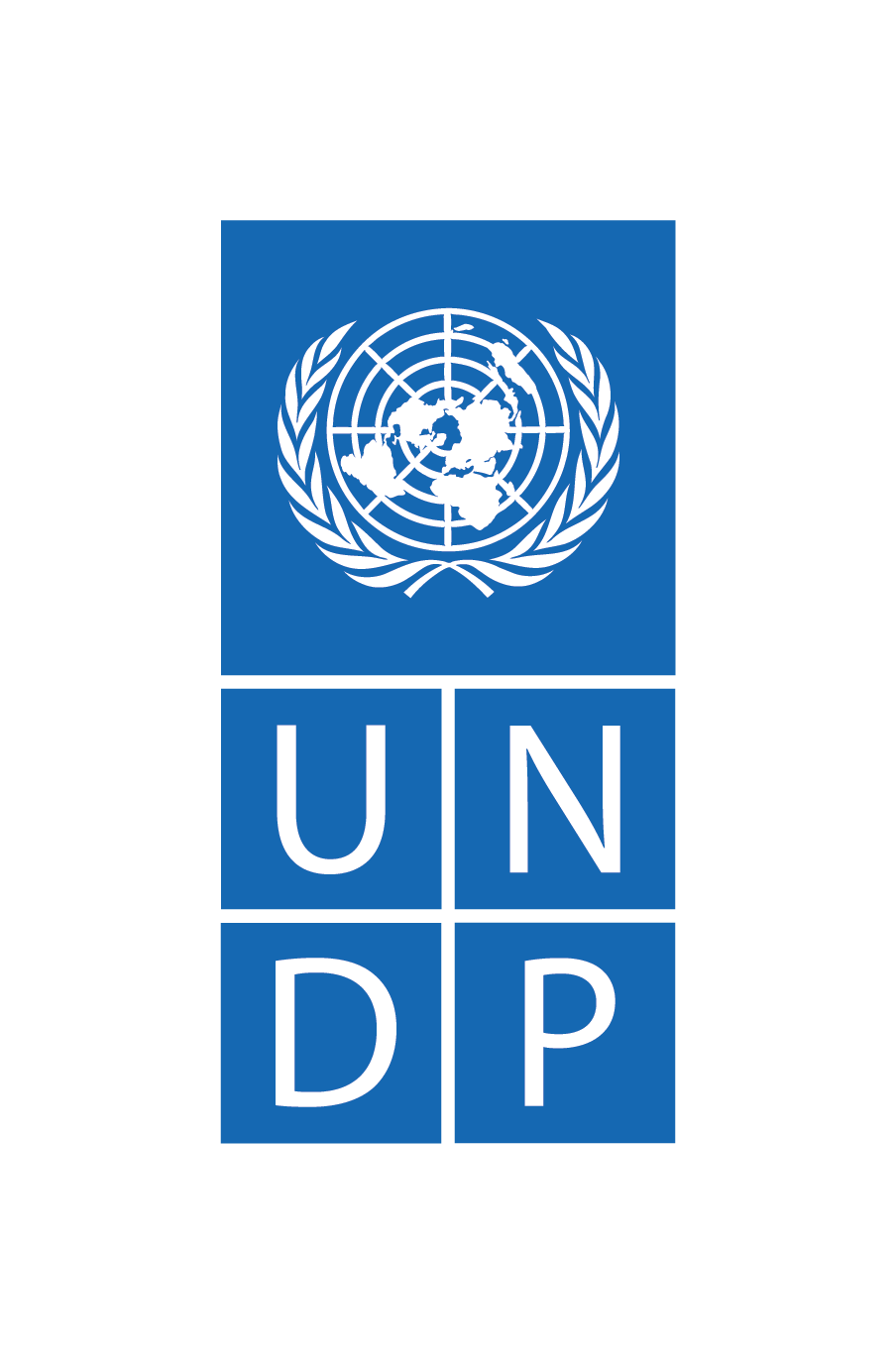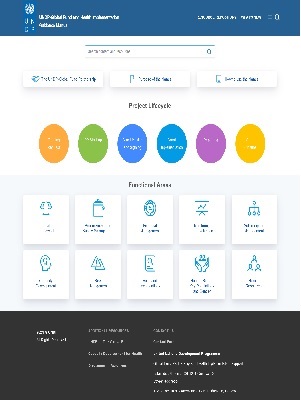Capacity development to achieve national health programme results
Overview
UNDP works with governments and partners to support the implementation and management of health programmes in challenging operating contexts. It delivers this support through a range of partnership modalities according to the country context and existing national capacities, most notably through its long-standing partnership with the Global Fund to Fight AIDS, Tuberculosis and Malaria (The Global Fund). Through its diverse experiences as interim Principal Recipient of the Global Fund grants for HIV, tuberculosis, malaria and health systems strengthening, operating in challenging contexts in particular, UNDP has developed tools and systems for programme management, designed to ensure transparency, accountability, cost-effectiveness and value for money. It is through this process that UNDP has achieved a consistently strong grant performance, despite operating in challenging operating environments.
While working with national partners and the Global Fund to improve the management, implementation and oversight of the Global Fund grants, UNDP simultaneously develops national capacity, with the aim of transferring the Principal Recipient role to national governments over time. The capacity development and programme transition tools and processes that UNDP employs as part of grant management in its role as interim Principal Recipient, in support of government and civil society implementing partners. This programmatic role is complemented by technical assistance at the national level to strengthen systems for health, in areas such as public financial management, health information management systems and national strategy development, which are detailed in the page on Strengthening National Systems for Health Section.
UNDP’s approach
Working closely with ministries of health, the World Health Organization (WHO) and other technical partners, UNDP supports programme management through activities to
- assess the best models for service delivery based on national plans, stakeholder dialogue, gap analyses and needs assessments
- support the design of relevant programmes that balance rigorous programme management frameworks to deliver high-quality results set out in a plan with sufficient flexibility for continued renewal of focus and adaptation to change
- promote strong national ownership that is inclusive of all stakeholders at all stages of the process
- ensure the existence of appropriate management and governance structures
- ensure that enough health workers are trained and motivated to meet programme delivery needs
- collect and analyse relevant reliable data to inform decision-making
- guarantee essential medicines and other health technologies are safe, effective and affordable
- budget and monitor expenditure
- manage and support other implementing partners
- relate programme achievements back to national health strategies and plans, to ensure the optimal use of available country resources
- coordinate national efforts with global developments in public health, affecting interventions, priorities and partnership opportunities at the country level.
Embedding sustainability into programme management arrangements in Cuba
In Cuba, UNDP prioritized the creation of a programme management unit within the Ministry of Health early in the grant. This included the establishment and capacity development of a multisectoral team to provide technical assistance, comprising national institutions for HIV and civil society organizations. These national governance structures gradually assumed full ownership of all grant activities over time, having established the necessary capacities and institutional mechanisms with UNDP’s support.
UNDP offers particular expertise in supporting national partners to acquire the required legal status for large-scale health programmes, establish clear organizational leadership, accountability and responsibilities, promote effective human resource practices, and achieve strong planning and monitoring processes aligned with national strategies. This enables planning and implementation processes to produce national health programmes that are prioritized, costed and evidence-based and utilize good-quality data. UNDP also prioritizes the integration of human rights, gender equality and environmental sustainability principles throughout the programming process, from the design of interventions to their implementation and monitoring.
Guidance
For more detailed guidance on UNDP’s programme management process at every stage of the grant life cycle, UNDP has developed a web-based UNDP-Global Fund Health Implementation Guidance Manual. While drawn from UNDP’s experiences implementing the Global Fund to Fight AIDS, Tuberculosis and Malaria (The Global Fund) grants, the end-to-end programme management approach and processes to support risk-informed implementation may be adapted to other large-scale health programmes as well, such as those funded by Gavi, the Vaccine Alliance. As described in the guidance manual, key functional areas covered by UNDP’s programme management role include support for legal frameworks, procurement and supply chain management, financial management, monitoring and evaluation, subrecipient management, risk management, audit and investigations, and human resources.

